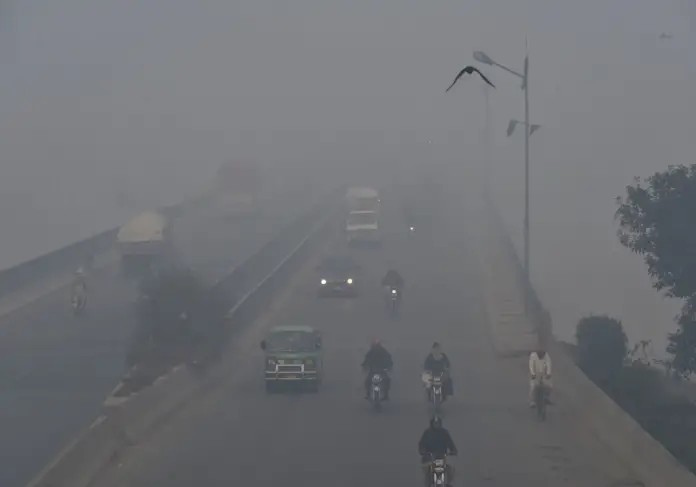On Wednesday, All Pakistan CNG Association (APCNGA) lauded the decision of Prime Minister Imran Khan to reduce smog and pollution.
It was stated that PM had directed federal and provincial departments to furnish a detailed report regarding steps to improve the environment in seven days.
APCNGA can cooperate with the government to reduce air pollution and cut the oil import bill; therefore, they stated that they deserved an opportunity, said Group Leader of APCNGA Ghiyas Abdullah Paracha.
In a statement issued today, he said that the government could make it mandatory to install an emission control system in all the vehicles using diesel and petrol as fuel. The CNG-run cars did not require such a system due to very low emissions.
The government was promoting electric vehicles, but it would need years to become a choice of people; therefore, CNG should be promoted as its infrastructure was readily available. Ghiyas Paracha said that the government had allowed the CNG sector to import its gas, end dependence on local gas, reduce pollution and oil import bill, provide affordable and clean fuel to consumers, and provide jobs to hundreds of thousands of people.
The leader of the CNG sector said that India had banned the entry of all vehicles in New Delhi except for CNG and electric cars, and Pakistan can also plan to follow suit.
The government could start the initiative from Lahore, one of the most polluted cities globally, and expand to the five most-polluted cities where masses are under serious threat of health hazards.
He said that substandard fuel, adulteration, industrial waste and emissions, brick kilns, power plants and deforestation had enhanced the pollution level from 30 to 40 percent in different cities. Smog and air pollution had not emerged as a significant threat to the masses, but it was also disturbing daily life and resulting in accidents, causing loss of lives and property. Ghiyas Paracha said that a recent study has estimated that in one year, over one hundred and twenty-five thousand lives were lost to pollution in Pakistan, which should be controlled; otherwise, the toll would increase.







